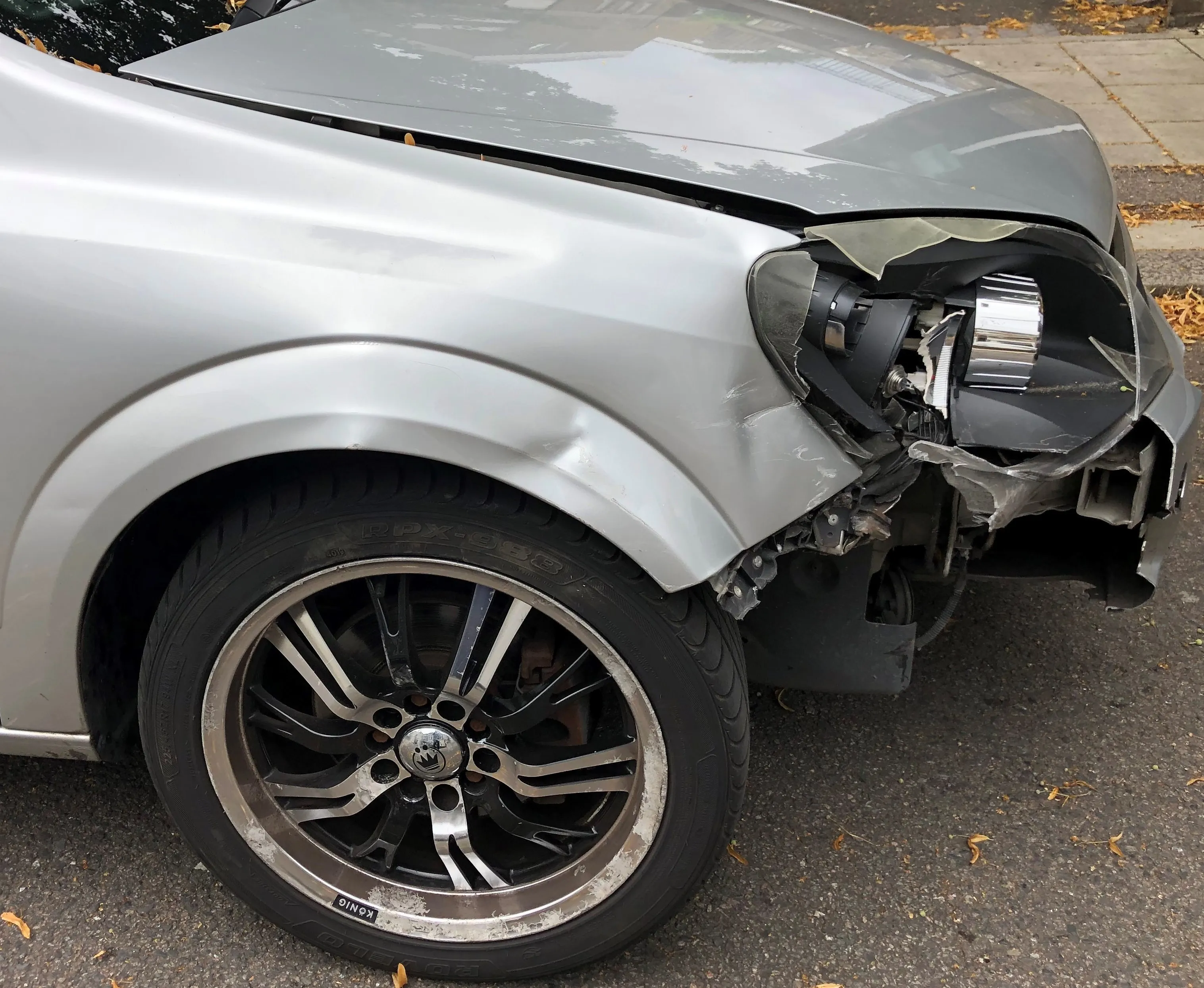Research shows that single vehicle crashes (SVCs) are a serious problem for road users in Europe. According to crash analysis, around 7300 road users in the
The crash data analysis reveals that the number of people being killed in SVCs in the EU nations was reduced by 43% in the 2005-2014 time period. This was a greater decrease than the total road death reduction for Europe of 41% in the same time period but less than that of fatality reductions from multi-vehicle crashes of 44%.
The greatest risk from SVCs is on rural roads where over 60% of fatalities occur. Improvements in road design have helped in the drop in fatalities on rural links. The data shows that car occupants account for 68% of SVC fatalities in Europe, with powered two wheeler riders accounting for around 20% of SVC deaths. Trucks account for 7% of SVC road deaths while buses account for less than 1%.
As with all crashes, young drivers and riders are at the greatest risk from SVC crashes. Drivers and riders aged 18-24 are at twice the risk of being involved in a fatal SVC than those aged 25-49. The biggest risk of an SVC is when a vehicle leaves the road either on a straight section or at a curve.
Research carried out in the Netherlands in 2011 reveals that driver distraction was a factor in 31% of SVCs analysed, with speeding being a factor in 27% of such incidents, alcohol use at 19% and driver tiredness at 17%.
Key measures to improve safety include removing obstacles from the roadside, installing guard rail and carrying out comprehensive crash investigations to collate key fata.
Proper enforcement of speed limits, seat belts, helmets, and rules governing drink driving and driver distraction would also help reduce the death and injury toll from SVCs. Other measures could include introducing graduated licensing, autonomous emergency braking and alcohol interlocks.
Single vehicle crash risk too high in Europe
Research shows that single vehicle crashes (SVCs) are a serious problem for road users in Europe. According to crash analysis, around 7300 road users in the EU were killed during 2015 in SVCs. The data also shows that around 94,800 people were killed in SVCs in the EU over the last 10 years.
July 13, 2017
Read time: 2 mins








